-
 WhatsApp: +86 19941574798
WhatsApp: +86 19941574798
-
 sale06@kfqizhongji.com
sale06@kfqizhongji.com
Special Equipment
Polyurethane Wheels Enhance Mobile Surgical Robot Performance
Polyurethane (PU) wheels are widely used in mobile surgical robots due to their non-magnetic, anti-static, high-precision, and quiet operation characteristics.
Polyurethane (PU) wheels are widely used in mobile surgical robots due to their non-magnetic, anti-static, high-precision, and quiet operation characteristics. These wheels offer smooth mobility, leave no marks on the floor, and meet the strict hygiene and safety requirements of medical environments. In this article, we introduce the core features of polyurethane wheels, their advantages in surgical robots, and their adaptability in modern medical settings.
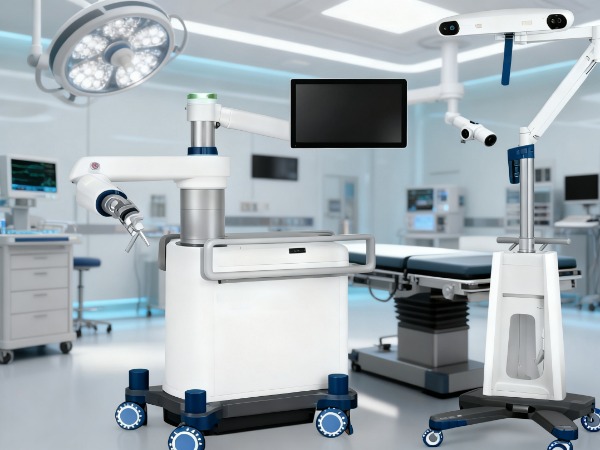
Core Features of Polyurethane Wheels
Excellent Wear and Impact Resistance: Polyurethane wheels can have a tread hardness of up to 95A, offering superior wear resistance and impact resistance. They maintain stability and durability even under frequent movement and complex flooring conditions.
High Load-Bearing Capacity and Elasticity: PU wheels combine strong load-bearing capacity with excellent elasticity, allowing them to absorb vibrations and reduce impact on sensitive medical equipment, improving operational stability.
Biocompatibility and Chemical Stability: Made from biocompatible polyurethane, these wheels are resistant to various chemicals, meeting the stringent safety requirements of medical environments.
Smooth Surface and Easy to Clean: The smooth surface of PU wheels prevents dirt adhesion, making cleaning and disinfection simple. This feature ensures compliance with strict medical hygiene standards.
Advantages of Polyurethane Wheels in Mobile Surgical Robots
Enhanced Mobility: The combination of elasticity and wear resistance allows surgical robots to move smoothly and flexibly across operating rooms, minimizing floor wear and extending equipment lifespan.
Low Operating Noise: PU wheels operate quietly, helping maintain a calm and focused surgical environment, enhancing comfort for both doctors and patients.
Improved Equipment Stability: Their shock-absorbing design reduces vibrations from uneven floors, improving surgical precision and overall robot stability.
Adaptability to Various Floor Materials: PU wheels are compatible with tiles, PVC floors, and other common operating room surfaces, ensuring smooth performance in diverse environments.
Compliance with Medical Standards: Polyurethane materials used in these wheels meet international medical device material standards, guaranteeing safety, reliability, and long-term performance.
Medical PU Drive Wheels: Key Components for Surgical Robots
Polyurethane wheels are an essential component of mobile surgical robots. Their combination of durability, biocompatibility, low noise, and smooth mobility enhances robot performance, ensuring high efficiency, safety, and precision in modern medical procedures. For medical device manufacturers and hospitals seeking customized PU wheel solutions for surgical robots or other medical equipment, we provide professional technical support and tailored services to meet your exact needs. Contact us!
Categories
Recent Cases
Recent Products
Recent Blogs
- How Do Polyurethane Wheels Compare To Metal Wheels
- Why Choose Injected Polyurethane (TPU) Wheels for Your Equipment
- Why Roller Coasters Use NDI Polyurethane Wheels
- How to Choose a Poly Wheels Manufacturer That Won't Fail
- Why Polyurethane is the Choice for Pallet Jack and Forklift Wheels
- Pallet Stacker Drive & Idler Wheels for Automated Warehouses
- Mold-on Polyurethane Wheels
- Analysis of the Causes of Cleanroom Stacker Polyurethane Wheel
- Why Are NDI Drive Rollers the Premier Choice for Pallets
- Polyurethane Wheels in Mining

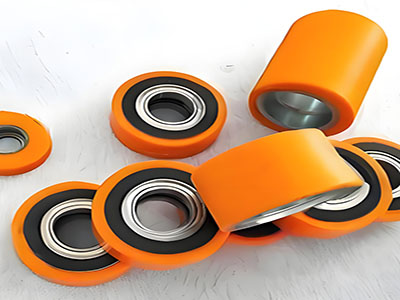
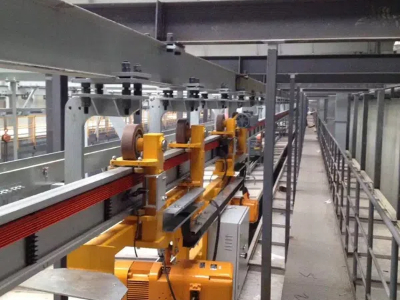
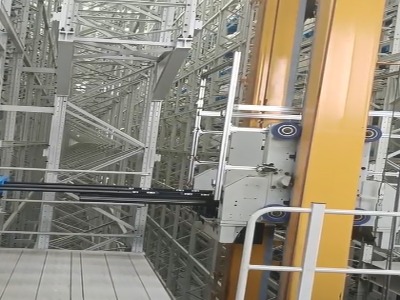
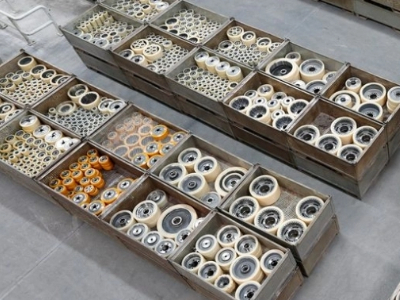
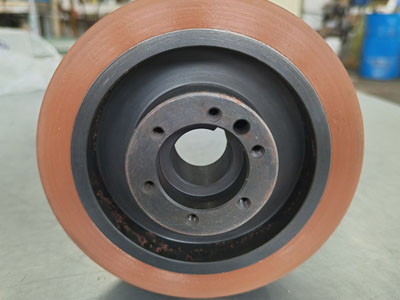
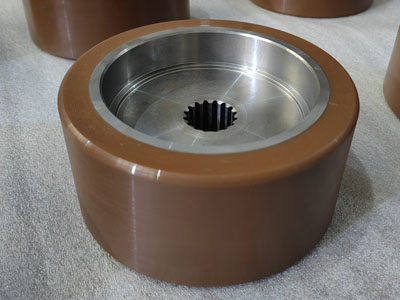
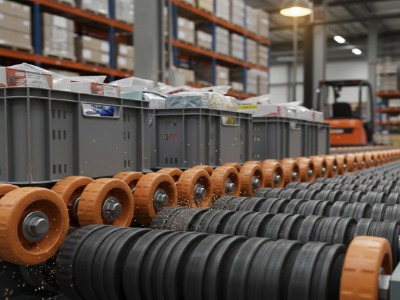
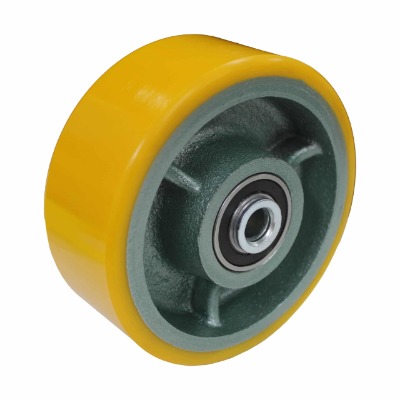
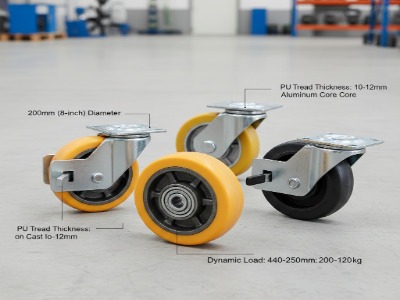
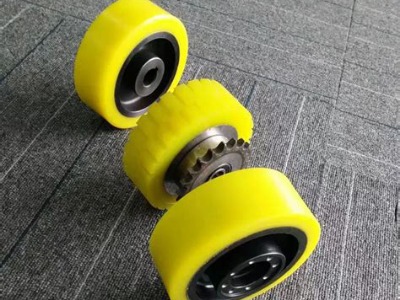
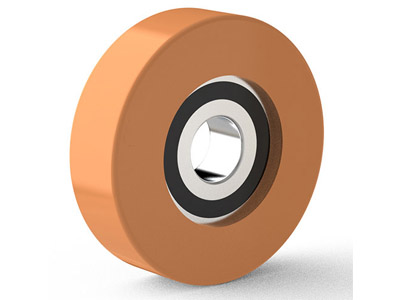
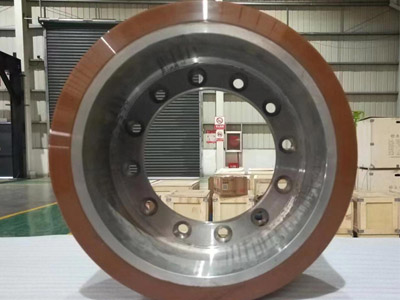
Polyurethane Wheels Boost Shipyard Transport Efficiency
Poly Wheels for Aerospace Mobile Stairs